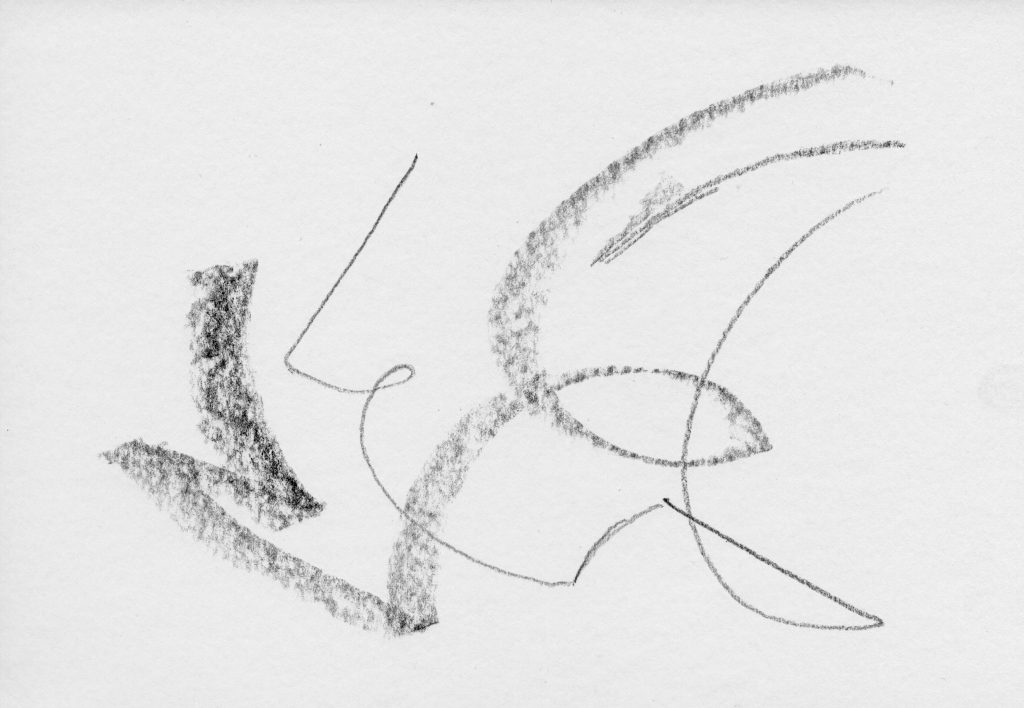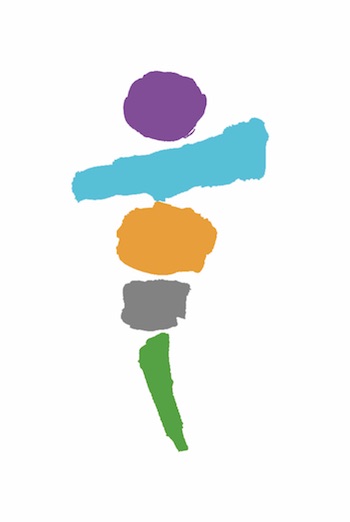I offer relational body psychotherapy – indoors, outdoors and online – for anyone who would like to go on a therapeutic journey. You may be coming with a specific situation or issue that is calling for attention, with a feeling or symptom that you would like to understand, or perhaps with a more general sense that you need support. I welcome those who are interested in starting off in therapy, as well as those who have previously been in therapy of any kind.
Our sessions are an opportunity for you to make space for yourself and discover what you need. I will offer you a respectful, compassionate and confidential relationship so that together we can explore whatever is emerging.
Why body psychotherapy?
This approach may be particularly relevant if you are seeking a renewed or deeper connection with your body, or would like to invite more creativity and spontaneity into your life. However we can work with anything that needs therapeutic support, whether or not it obviously relates to your body.
Even if you have already been in a ‘talking therapy’ or counselling, this deeply experiential approach offers ways of learning about yourself beyond words and stories. I have found working through the body to be the most direct and yet easeful way to listen to what’s going on.
It is often a profoundly moving experience to acknowledge what our bodies have been trying to say for so long. Body psychotherapy has a psychoanalytic base and can incorporate contemporary understandings that the body is the site of trauma and oppression and that we are literally shaped by our experiences. The body is therefore the place from where we need to heal so that we can start to belong to ourselves. My approach acknowledges that we each experience things – including ourselves – differently and so it becomes important to honour our collective diversity and our individual differences, with empathy.

My therapeutic approach is integrative and primarily based in Embodied-Relational Therapy, a contemporary, process-oriented approach to relational body psychotherapy, and Focusing, a simple way of bringing mindful presence to our experiencing which supports the emergence of therapeutic change. I also draw from many years experience of my own psychotherapy and psychoanalysis.
Specialisms: My therapeutic approach integrates contemporary work in the field and, in particular, is profoundly influenced by the insights, understandings and practices of Polyvagal Theory (Porges, Dana), Relational Psychoanalysis, Attachment Theory, Intersubjectivity (Benjamin), the British school of object relations, Kleinian object relations, contemporary psychoanalytic integration ( especially Bollas), Somatic practices, the Discipline of Authentic Movement (Adler), Ecopsychology, and research into Highly Sensitive Persons (Aron (1999)), Reichian and post-Reichian characterological work, the research into, theory of, and practice of working at relational depth (Cooper), the ‘common factors‘ research, as well as many other aspects. These have all been significant parts of my training and study, and are deeply integrated into my theoretical base, my understanding of therapeutic process, and into my psychotherapeutic praxis.
How does it help?
When we feel stuck or overwhelmed, the forward movement of our lives may seem lost. Working through the body we can discover the felt sense of any situation and, listening to the details of what’s happening, we can follow the processes that are trying to happen without the need to explain, understand or even have a story about them. This allows us to find support in ourselves and locate the resources we need to carry forward what needs to be carried forward.
My approach is relational, in that I try to offer you a relationship that supports you to be exactly as you are and it is this that brings about transformation. Our bodies carry our patterns of relating in the ways they organise, including our yearnings for contact with others and our deepest fears about it. So, in witnessing the ‘dance’ of the therapeutic relationship you can learn more about how your development and other experiences shape your current relationships.
This allows you to explore the challenges you face in being yourself and opens up the potential for more choice in your ways of being, inviting more awareness, spontaneity, relaxation, fluidity, energy, ease and creativity into your life.
By receiving you as a whole, embodied being, rather than only, for example, something you want to bring to therapy or a role you fulfill, the therapeutic relationship can offer you the space to find more support for the parts of yourself that may be seeking expression and be a support through a process of growth.
In meeting yourself deeply you may find your own ways to be more resourced in meeting others.
What happens in a session?
Each session is shaped by your needs, so we make our own path as we go rather than following a typical structure. We will probably speak for some of the time but we might also find ways to work with the breath, sounding, relational movement, guided somatic awareness, art making, play, being with and aware of the other-than-human, or in any other ways we choose that allow you to discover what perhaps cannot be said very easily. Whichever channels we use, my approach encourages you to trust and learn from your own experience.
This supports your personal development and growth through:
⁃ Cultivating deeper awareness of your self and a greater capacity for self-reflection
⁃ Discovering embodied resources and finding your ease
⁃ Learning skillful ways to listen to and even understand your inner process
⁃ Recognising the ways in which your development patterns your experiencing
⁃ Witnessing how your embodiment supports your being in the world.
I offer a safe, supportive and receptive space for playful experimentation and creative self-enquiry, working at your own pace, free from judgement, diagnosis, advice, or indeed a pressure to achieve. It is a space for being.
In my experience, when such conditions are offered by another person we have the potential to relax into a curious appreciation of our own nature and find the courage to be ourselves – however difficult that may be – in the unfolding dance of our lives.
For practical information and next steps please see here.
Focusing sessions
Focusing sessions can be a way to start to find out what’s going on for us. I offer one-off, online sessions for anyone.
